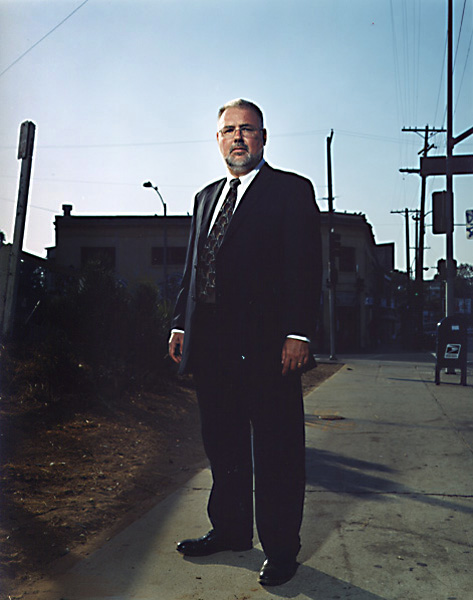



The lawsuits alleged that the Los Angeles Sheriff's Department routinely over-detained almost every person in its custody who was ordered released by a court. The release could be because the person was found not guilty in trial, had charges dismissed, was granted an own recognizance release, or for any number of reasons. But in every case, the Sheriff's Department, instead of releasing the person would keep them in custody, in a holding cell, then put them on a jail bus from the court to the Inmate Reception Center in the downtown jail. Once there these people who had been ordered released by a court, would be processed back into the main jail population and, only after everyone who had been to court had been processed back into the jail, would the deputies start the release process. People often spent one or two days in jail AFTER they were ordered released. In the class actions, the named plaintiffs sought compensation for everyone who had been overdetained for several years.
The County of Los Angeles strenuously defended the class actions, including making a contention that the Los Angeles Sheriff's Department was acting as an arm of the State of California in administering the jails and, as such had immunity from federal law suits claiming civil rights violations. The County lost that claim in the federal trial court and appealed to the Ninth Circuit Court of Appeals. In a published opinion, Streit v. County of Los Angeles, 236 F. 3d 552(9th Cir. 2001) the Court of Appeals rejected the County's argument, agreeing with plaintiffs' attorneys that the Los Angeles County Sheriff's Department is "subject to liability under [the civil rights laws]." The Court also determined that the Los Angeles Sheriff's Department could be sued as an agency separate and distinct from the County.
A second appeal involved the class action status of the law suits. The County persuaded the trial court that there were not enough similarities between the individual plaintiffs' cases to allow them to be certified as a class action. Back to the 9th Circuit which again agreed with plaintiffs' attorneys, holding in an unpublished decision that the case could go forward as a class action.
With basic liability established, plaintiffs' counsel and the County of Los Angeles engaged in settlement discussions ultimately resulting in a settlement of $27 million. In addition, and as a part of the settlement, the Sheriff's Department changed their release policies and procedures so that people ordered released by a court are now released from the court building, without having to be taken back to jail for release a day or two later.